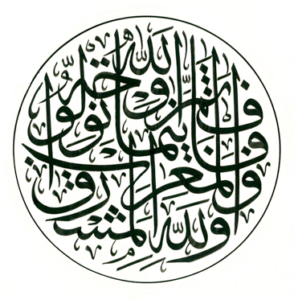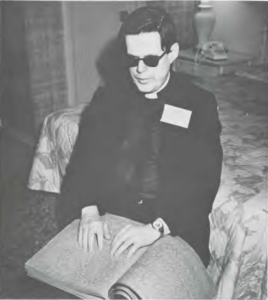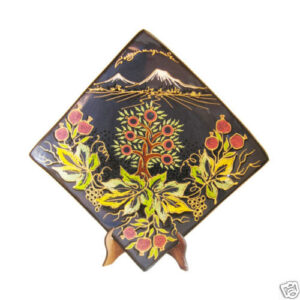To the poet Robinson Jeffers, the eagle is a symbol of something like divine consciousness. Man, in contrast, is more like an inauspicious microbe. Man and eagle do have this in common: they both use fire. This is obvious in the case of man. For Jeffers, the eagle is an opportunist, seeking game and carrion in the wake of wildfires.
The key difference between eagle and man—according to Jeffers—can be seen in the poem Original Sin. [1] Man’s rise and fall are identified with one act: man’s harnessing of fire. One might make a case that the chief sin in the poem is man’s cruelty, and human cruelty is surely a sin that Jeffers decries, but there is also a side to Jeffers that laments the rise of civilization, and what better image is there for the rise of civilization than the taming of fire?
The old stories have it that when Zeus got word that Prometheus had given fire to man, Zeus had Prometheus tied down so that an eagle (or vulture) would eternally devour the rebellious Titan’s liver. This punishment might well have seemed justifiable to Jeffers. He did seem to think Prometheus a fool:
And this young man was not of the sad race of Prometheus, to waste himself in favor of the future.[2]
All this original sin is perfectly natural, of course, and we must accept it as such, terrible though it may be.
But we are what we are, and we might remember not to hate any person, for all are vicious;
Natural though it all may be, there is tragedy in the powerful knowledge and tools of man as well as in his cruelty. In Original Sin, fire is the symbol for all three.
[1] Published in the Double Axe and Other Poems, 1948.
[2] The Dead Men’s Child, published in Cawdor and Other Poems, 1928.



